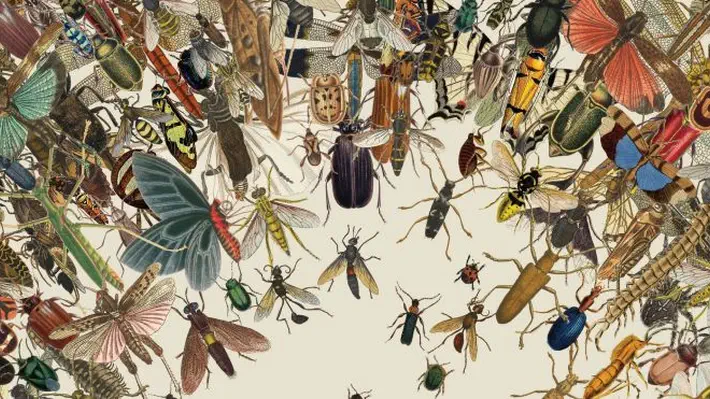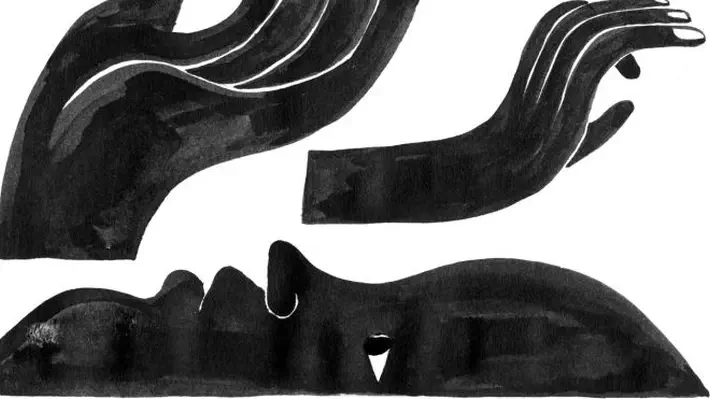 NYTIMES
NYTIMESDalai Lama: Behind Our Anxiety, the Fear of Being Unneeded
In many ways, there has never been a better time to be alive. Violence plagues some corners of the world, and too many still live under the grip of tyrannical regimes. And although all the world’s major faiths teach love, compassion and tolerance, unthinkable violence is being perpetrated in the name of religion. ... what unites the two of us in friendship and collaboration is not shared politics or the same religion. It is something simpler: a shared belief in compassion, in human dignity, in the intrinsic usefulness of every person to contribute positively for a better and more meaningful world.
 NYTimes
NYTimesThe Way Middle-Aged White Men Work Now
Before he goes to sleep, between 11 and midnight, Dan Pfeiffer, the White House communications director, typically checks in by e-mail with the same reporter: Mike Allen of Politico, who is also the first reporter Pfeiffer corresponds with after he wakes up at 4:20.
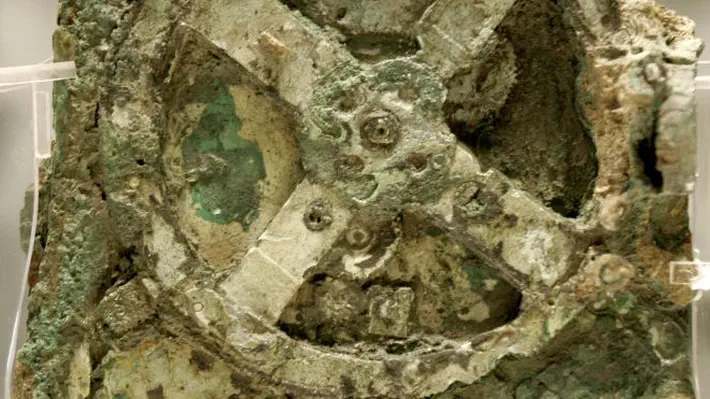 NYTIMES
NYTIMESSolving the Riddles of an Early Astronomical Calculator
More than 100 years after it was found, and more than 2,000 years after it was believed to have been built, the Antikythera Mechanism continues to raise questions and provide answers.
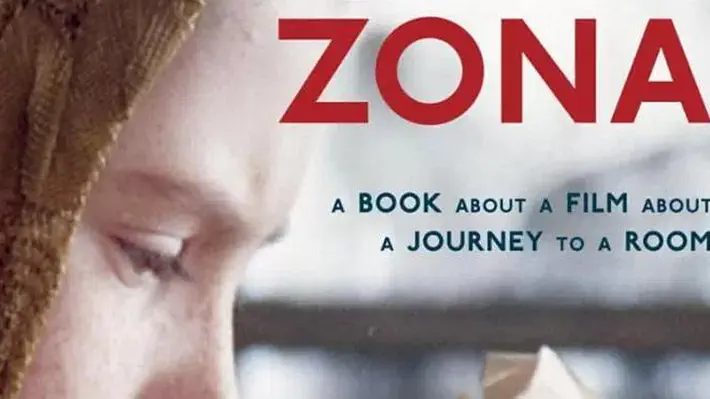 NYTIMES
NYTIMESGeoff Dyer’s ‘Zona’ Examines the Film ‘Stalker’
Geoff Dyer on the Soviet-era cinematic masterpiece.
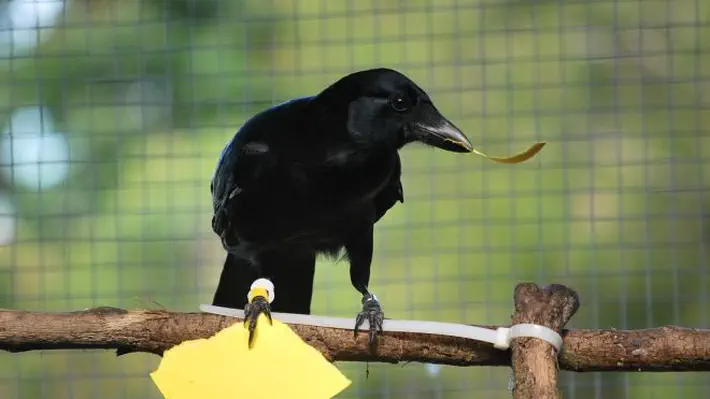 NYTimes
NYTimesCan Crows Make Mental Pictures of Tools?
New Caledonian crows were trained to seek rewards by tearing paper of a certain size, demonstrating what researchers say is quite advanced toolmaking.
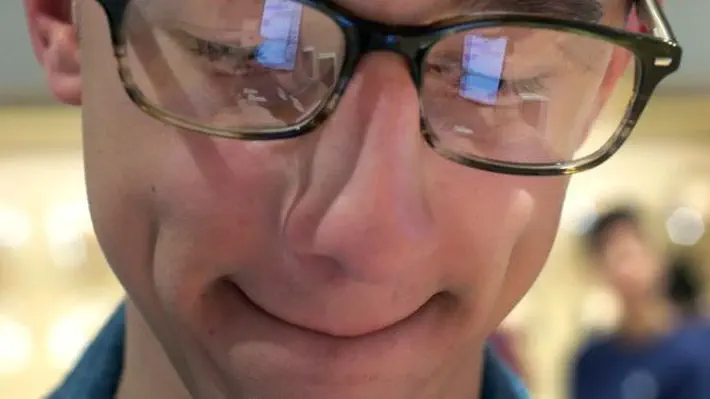 NYTIMES
NYTIMESHow Evil Is Tech?
Our devices consume our time and dilute our social interactions. Not long ago, tech was the coolest industry. Everybody wanted to work at Google, Facebook and Apple. But over the past year the mood has shifted.
 NYTIMES
NYTIMESWhich Language Uses the Most Sounds?
Taa, spoken by a few thousand people in Botswana and Namibia, is believed to have the largest sound inventory of any language in the world.
 NYTimes
NYTimesEyeing Pornography That Uses the Holocaust as Titillation
In early-1960s Israel pornographic, possibly anti-Semitic novels that detailed sensational tales of the torture and rape of male concentration camp prisoners by curvaceous female Nazi guards rapidly rose from marginal pulp reading to mass-market popularity.
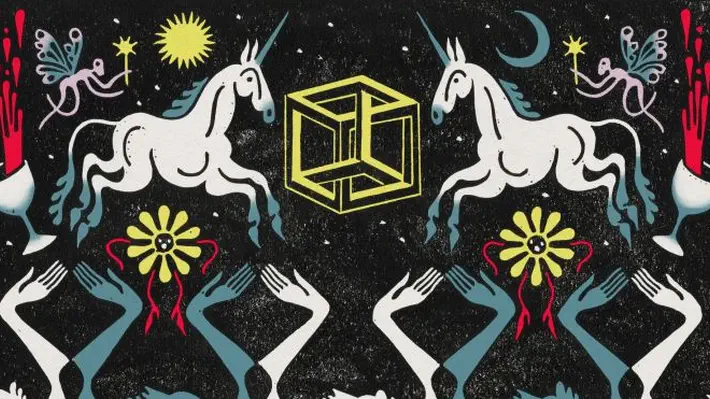 nytimes
nytimesWhy Fiction Trumps Truth
We humans know more truths than any species on earth. Yet we also believe the most falsehoods.
 NYTIMES
NYTIMESRoman Ruins Found in France Are Called ‘Exceptional’
The ruins were uncovered near the southeastern city of Vienne and have been called “probably the most exceptional find from the Roman era in years.”
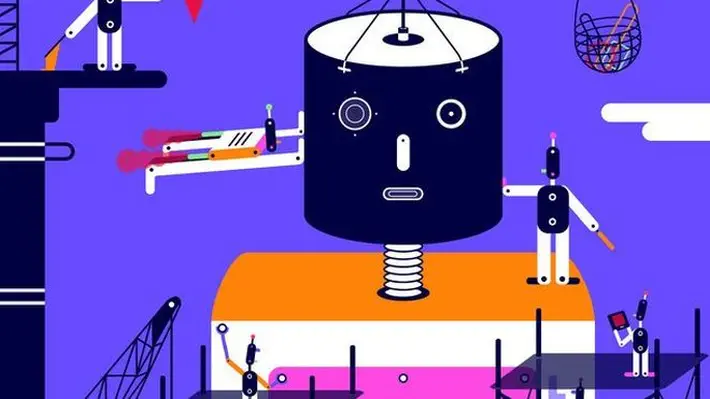 NYTIMES
NYTIMESBuilding A.I. That Can Build A.I.
Google and others, fighting for a small pool of researchers, are looking for automated ways to deal with a shortage of artificial intelligence experts.
 NYTIMES
NYTIMESTo Understand Rising Inequality, Consider the Janitors at Two Top Companies, Then and Now
To Understand Rising Inequality, Consider the Janitors at Two Top Companies, Then and NowFocusing on core competence and outsourcing the rest has made U.S.…
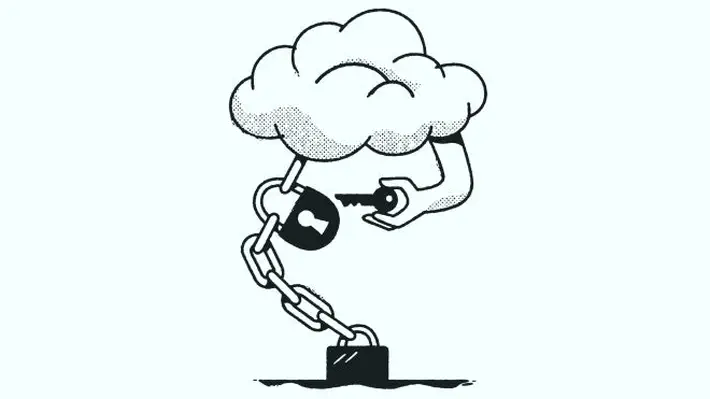 NYTIMES
NYTIMESDark Clouds Over the Internet
Governments have legitimate reasons to seek user data beyond their territorial reach, and privacy advocates ignore that need at their peril.
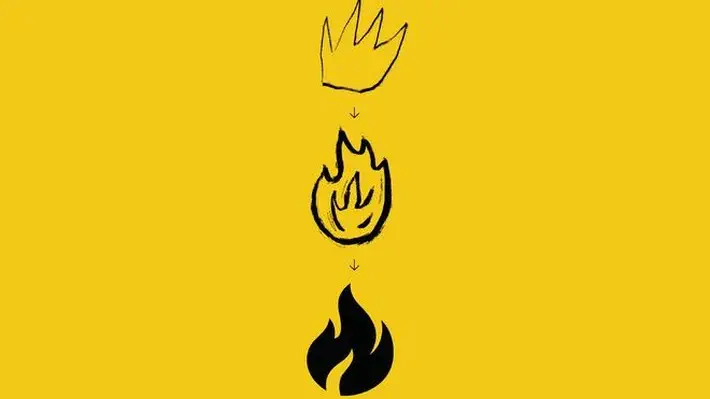 NYTIMES
NYTIMESHunting for the Origins of Symbolic Thought
Archaeologists are discovering Paleolithic art outside Europe, rewriting the history of human creativity.
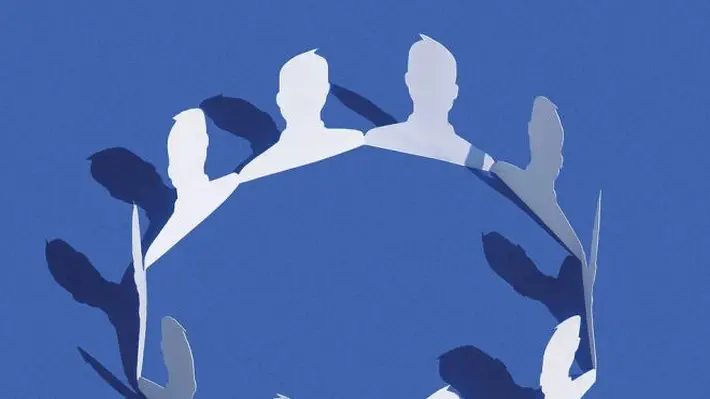 NYTimes
NYTimesWhat Good Is ‘Community’ When Someone Else Makes All the Rules?
You can tell a lot about the cultural status of capitalism by how we refer to people who buy stuff. “Customer,” with its implicit deference — its suggestion that the buyer is always right — is now a relic of a bygone era. “Client” is formal and reserved for professional relationships. “Consumer,” with its air of piggish, Pac-Man voracity, is the slightly dehumanizing moniker most of us grew up with, but that was some time ago, before the rise of the brand as a cultic family. Now everyone who buys or uses or even just cares about a product or service has been collectively upgraded to something more ephemeral, almost spiritual, a loose association of souls brought together in one churchlike congregation: a “community.”
 NYTimes
NYTimesJapan Fights Crowds of Crows
Fanning out in small teams, the men in gray jumpsuits scour the streets and rooftops with binoculars, seeking to guard this city from a growing menace. They look for telltale signs: a torn garbage bag, a pile of twigs atop an electric pole or one of the black, winged culprits themselves.
 NYTIMES
NYTIMESSchottenfreude
The German’s language’s ability to express the inexpressible explains why so many words have been embraced into English.
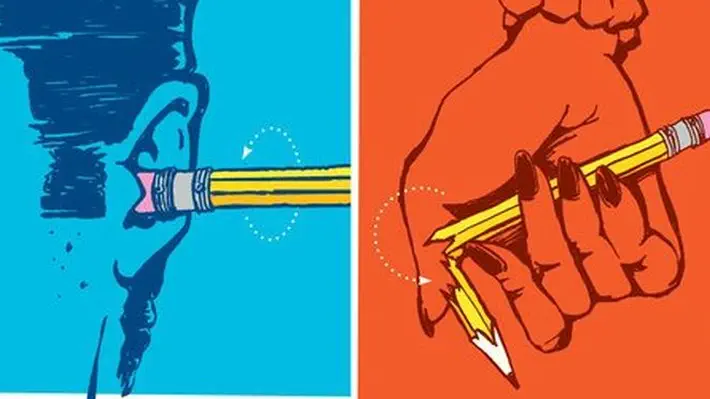 NYTIMES
NYTIMESWriting Rules! Advice From The Times on Writing Well
Recent Times features, including a new series on the art of writing, inspire us to create this list of 10 rules for writing well. In it you'll find links to advice on everything from using punctuation to reading the…
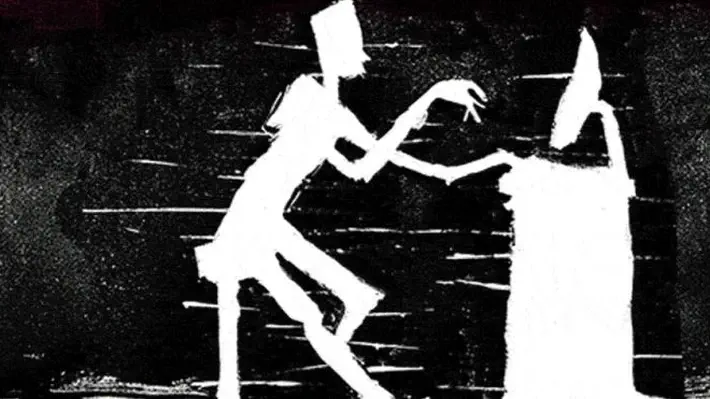 NYTimes
NYTimesMaybe Your Sleep Problem Isn’t a Problem
The conventional wisdom is that morning people are high achievers, go-getters, while late risers are lazy. But what if going to bed in the wee hours is actually an advantage?
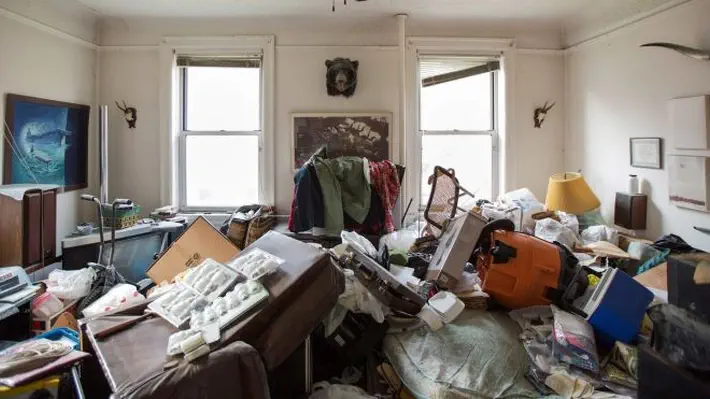 NYTIMES
NYTIMESThe Lonely Death of George Bell
Each year around 50,000 people die in New York, some alone and unseen. Yet death even in such forlorn form can cause a surprising amount of activity. Sometimes, along the way, a life’s secrets are revealed. // This might not always be a good way to live (that is, in solitude), but according to Buddhist teachings, it can be a good way to die. We die alone anyway, and dying without other people's laying their trips around us might help us stay focused in a moment when most people can't really help, but can possibly annoy.
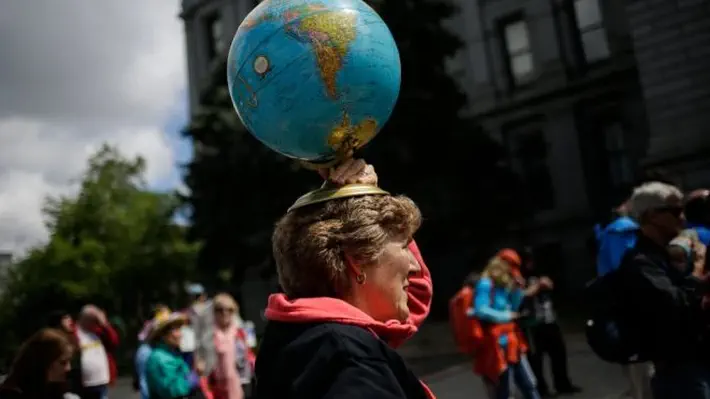 NYTimes
NYTimesThe Climate Crisis? It’s Capitalism, Stupid
A recent Times opinion piece included this quotation from the paleoclimatologist Lee Kump: “The rate at which we’re injecting CO2 into the atmosphere today, according to our best estimates, is 10 times faster than it was during the End-Permian.”
 NYTimes
NYTimesThe Blindness of Social Wealth
I summarize all this because loneliness and social isolation are the problem that undergird many of our other problems. More and more Americans are socially poor. And yet it is very hard for the socially wealthy to even see this fact. It is the very nature of loneliness and social isolation to be invisible. We talk as if the lonely don’t exist.
 NYTIMES
NYTIMESUmberto Eco: Exploring Imaginary Lands With One of Italy’s Masters of Fiction
The Italian novelist and thinker has published a coffee table book about legendary (but nonexistent) lands.
The Superfund Sites of Silicon Valley
Inside these plain vanilla buildings, where C.E.O.s in hoodies and jeans stockpile more money than the G.D.P. of developing countries, newly minted techies complain that “S.V.,” the world’s largest wealth generator, is too expensive and that its exhausting work culture is toxic. So, too, is the land beneath their feet.
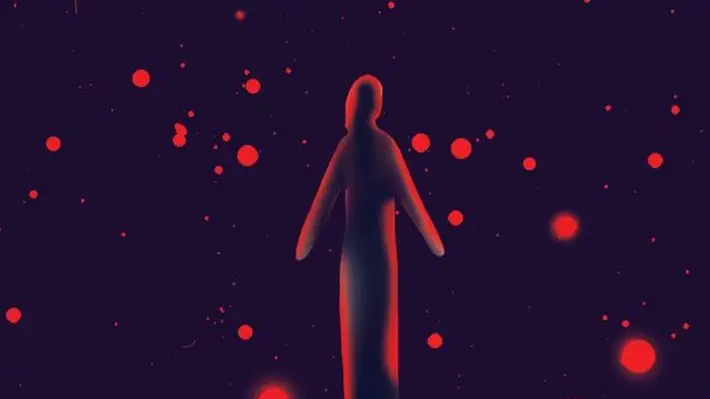 NYTimes
NYTimesHow Tiny Red Dots Took Over Your Life
I’ve met dots that existed only to inform me of the existence of other dots, new dots, dots with almost no meaning at all.
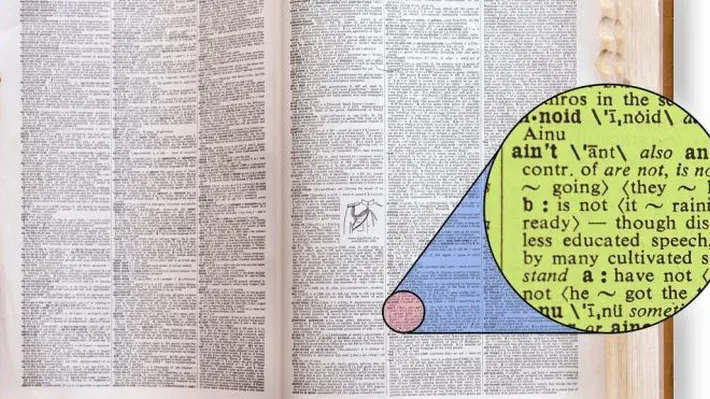 NYTIMES
NYTIMES‘The Story of Ain’t,’
“A lot had happened to English since the early ’30s, including a world war and most of the New Deal. Also television, the civil rights movement, superhighways, Dr. Spock, rock ’n’ roll, the Bomb, rocket science, the cold war, Superman and the Kinsey reports. New words — and new meanings of old ones— were everywhere, like 'astronaut,' 'beatnik,' 'den mother' and 'satellite.' Into Webster’s Third they went.” Webster’s Third New International was scorned for being less judgmental than its predecessor.
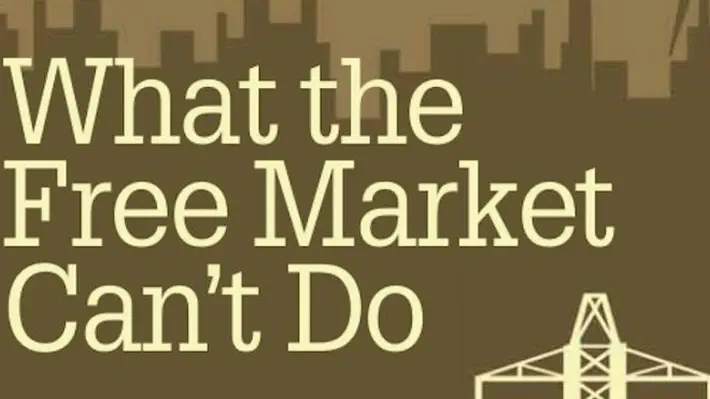 NYTIMES
NYTIMESThe Libertarian Fantasy
Phosphorus and Freedom. Free markets can’t solve all our problems. Just ask Toledo.
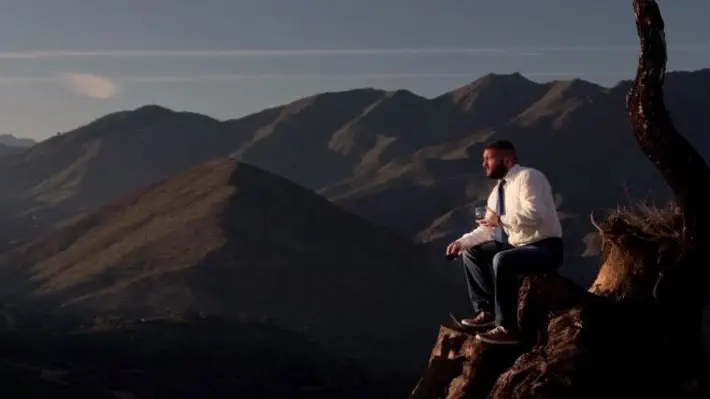 NYTimes
NYTimesHow to Make This the Summer of Missing Out
What’s happening? Who cares. Meet JOMO, FOMO’s benevolent younger cousin.
 NYTIMES
NYTIMESMaria Popova Has Some Big Ideas
Maria Popova is the mastermind of Brain Pickings, one of the faster growing literary empires on the Internet, yet she is virtually unknown.
